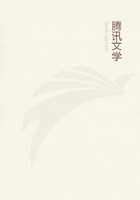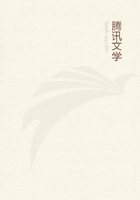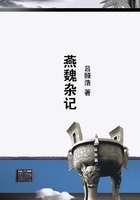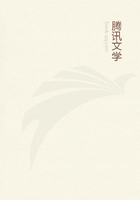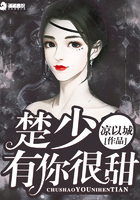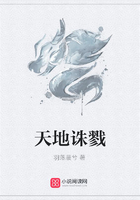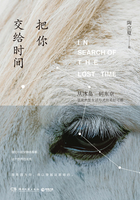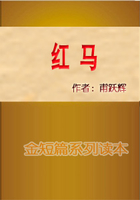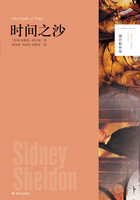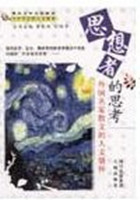All this may have been written as late as 1468, but a vague reference to an apparition of our Lord rather suggests contemporary hearsay, before Jeanne came to Orleans. Jeanne never claimed any such visions of our Lord. The story of the clairvoyance as to the Battle of the Herrings is also given in the 'Chronique de la Pucelle.'* M. Quicherat thinks that the passage is amplified from the 'Journal du Siege.' On the other hand, M. Vallet (de Viriville) attributes with assurance the 'Chronique de la Pucelle' to Cousinot de Montreuil, who was the Dauphin's secretary at Poictiers, when the Maid was examined there in April 1429.** If Cousinot was the author, he certainly did not write his chronicle till long after date. However, he avers that the story of clairvoyance was current in the spring of 1429. The dates exactly harmonise; that is to say, between the day of the battle, February 12th, and the setting forth of the Maid from Vaucouleurs, there is just time for the bad news from Rouvray to arrive, confirming her statement, and for a day or two of preparation. But perhaps, after the arrival of the bad news, Baudricourt may have sent Jeanne to the King in a kind of despair.
Things could not be worse. If she could do no good, she could do no harm.
*Proces, iv. 206.
**Histoire de Charles VII., ii. 62.
The documents, whether contemporary or written later by contemporaries, contain none of the references to visions of St.
Margaret, St. Catherine, and St. Michael, which we find in Jeanne's own replies at Rouen. For this omission it is not easy to account, even if we suppose that, except when giving evidence on oath, the Maid was extremely reticent. That she was reticent, we shall prove from evidence of d'Aulon and Dunois. Turning to the Maid's own evidence in court (1431) we must remember that she was most averse to speaking at all, that she often asked leave to wait for advice and permission from her voices before replying, that on one point she constantly declared that, if compelled to speak, she would not speak the truth. This point was the King's secret. There is absolutely contemporary evidence, from Alain Chartier, that, before she was accepted, she told Charles SOMETHING which filled him with surprise, joy, and belief.* The secret was connected with Charles's doubts of his own legitimacy, and Jeanne at her trial was driven to obscure the truth in a mist of allegory, as, indeed, she confessed.
Jeanne's extreme reluctance to adopt even this loyal and laudable evasion is the measure of her truthfulness in general. Still, she did say some words which, as they stand, it is difficult to believe, to explain, or to account for. From any other prisoner, so unjustly menaced with a doom so dreadful, from Mary Stuart, for example, at Fotheringay, we do not expect the whole truth and nothing but the truth. The Maid is a witness of another kind, and where we cannot understand her, we must say, like herself, passez outre!
*Proces, v. 131. Letter of July 1429. See supra, 'The False Pucelle.'
When she was 'about thirteen,' this is her own account, she had a voice from God, to aid her in governing herself. 'And the first time she was in great fear. And it came, that voice, about noonday, in summer, in her father's garden' (where other girls of old France hear the birds sing, 'Marry, maidens, marry!') 'and Jeanne had NOT fasted on the day before.* She heard the voice from the right side, towards the church, and seldom heard it without seeing a bright light. The light was not in front, but at the side whence the voice came. If she were in a wood' (as distinguished from the noise of the crowded and tumultuous court) 'she could well hear the voices coming to her.' Asked what sign for her soul's health the voice gave, she said it bade her behave well, and go to church, and used to tell her to go into France on her mission. (I do not know why the advice about going to church is generally said to have been given FIRST.) Jeanne kept objecting that she was a poor girl who could not ride, or lead in war. She resisted the voice with all her energy. She asserted that she knew the Dauphin, on their first meeting, by aid of her voices.** She declared that the Dauphin himself 'multas habuit revelationes et apparitiones pulchras.' In its literal sense, there is no evidence for this, but rather the reverse. She may mean 'revelations' through herself, or may refer to some circumstance unknown. 'Those of my party saw and knew that voice,' she said, but later would only accept them as witnesses if they were allowed to come and see her.***
*The reading is NEC not ET, as in Quicherat, Proces, i. 52, compare i. 216.
**Proces, i. 56.
***Proces, i. 57.
This is the most puzzling point in Jeanne's confession. She had no motive for telling an untruth, unless she hoped that these remarks would establish the objectivity of her visions. Of course, one of her strange experiences may have occurred in the presence of Charles and his court, and she may have believed that they shared in it.
The point is one which French writers appear to avoid as a rule.
She said that she heard the voice daily in prison, 'and stood in sore need of it.' The voice bade her remain at St. Denis (after the repulse from Paris in September 1429), but she was not allowed to remain.
On the next day (the third of the trial) she told Beaupere that she was fasting since yesterday afternoon. Beaupere, as we saw, conceived that her experiences were mere subjective hallucinations, caused by fasting, by the sound of church-bells, and so on. As to the noise of bells, Coleridge writes that their music fell on his ears, 'MOST LIKE ARTICULATE SOUNDS OF THINGS TO COME.' Beaupere's sober common-sense did not avail to help the Maid, but at the Rehabilitation (1456) he still maintained his old opinion.

